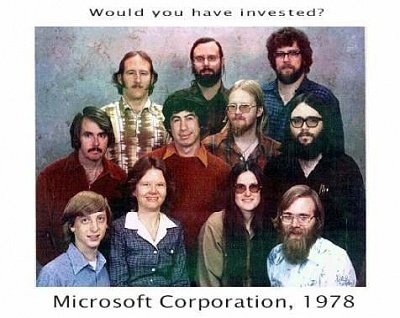A friendo of mine would like some guidance re next steps on his startup idea. He only has the idea and is unsure of how to get to that next step/what that next step should be.
Are there any resources to guide a solo enterpreneur after he has pinned down the idea?
Are there any resources to guide a solo enterpreneur after he has pinned down the idea?

